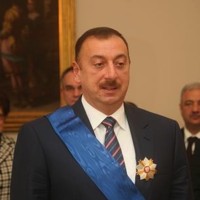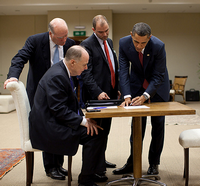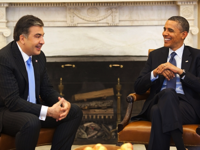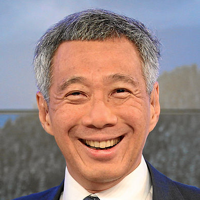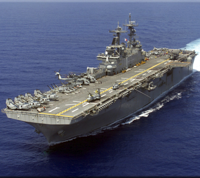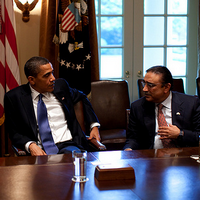
In January, when a U.S. Coast Guard icebreaker escorted a Russian tanker carrying essential fuel to Nome, Alaska, it served as a reminder that the U.S. and Russia have many reasons to continue pursuing a thaw in relations. Unfortunately, beyond the New START agreement and a few other deals, the U.S.-Russia reset, which was announced with fanfare in 2009, seems to have descended into bureaucratic obscurity. While it is essential that the United States maintains a constructive relationship with the Russian federal government, there is much more to be gained in developing working relationships that extend to regional governments, nongovernmental […]

